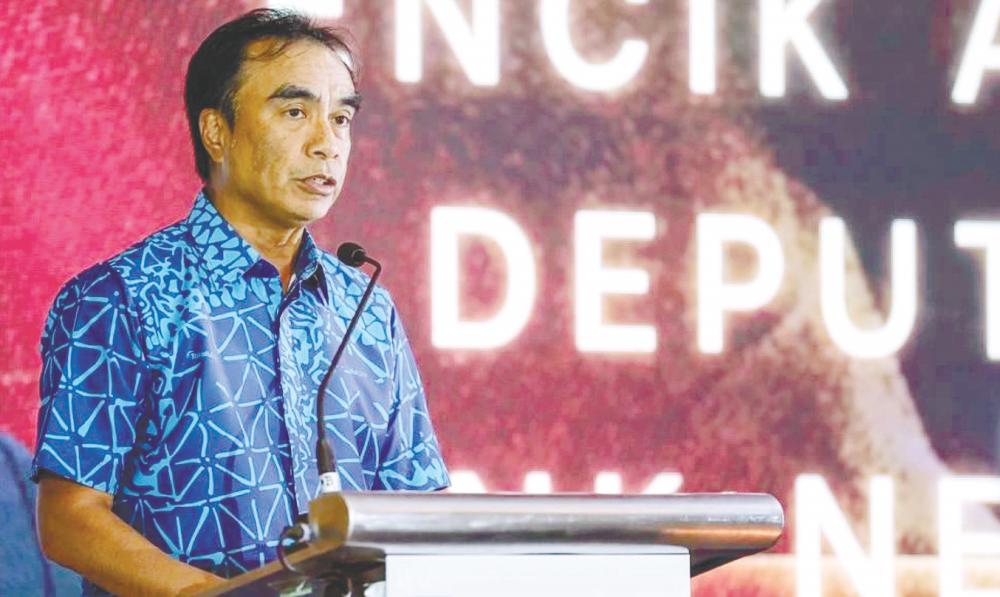KUALA LUMPUR: The takaful industry is primed for significant growth with the economic momentum continuing to strengthen, said Deputy Bank Negara Malaysia (BNM) governor Adnan Zaylani Mohamad Zahid.
He said the progress made and the untapped potential of takaful will drive sustainable economic growth and enhance social justice in Malaysia.
“In 2023, we saw total net contributions grow to RM17.3 billion, an impressive 6% increase from the previous year. This reflects our industry’s adaptability and the increasing demand for inclusive financial products,” he said in his keynote speech at the recent launch of Hijrah27 organised by Malaysian Takaful Association.
Despite global economic headwinds, he added, Malaysia’s economy has maintained its resilience, with growth anticipated to reach the upper end of the 4-5% forecast range for the full year.
“With these growth prospects, along with structural reforms and subsidy rationalisations, there are remarkable opportunities for takaful to make a meaningful impact,” Adnan Zaylani said, urging industry players to seize the momentum for expansion.
However, the deputy governor said, significant protection gaps remain, particularly for vulnerable segments and climate-related risks. He urged the takaful industry to address the needs through value-based intermediation, guided by the core syariah values of fairness, transparency and inclusivity.
“Adopting Makasid Shariah as our compass ensures all aspects of our business align with these fundamental values, even as we grow. The recent issuance of the Makasid Shariah Scorecard (MSS) is a valuable tool, allowing operators to self-assess their journey toward these goals. MSS is more than a tool, it represents a commitment to the vision of Islamic finance that centers on community welfare. By focusing on social Takaful and innovation, we can truly deliver on this promise,” Adnan Zaylani said.
Another key focus is the need to strengthen Malaysia’s takaful capacity through collaboration and the concept of retakaful, he said.
“The growth of rerakaful, rooted in risk-sharing principles, enhances our sector’s ability to scale and diversify risks. With strong domestic players and expanding global networks, Malaysia is well-positioned to become a regional takaful hub.”
To spur innovation, he said, the central bank recently introduced an exposure draft promoting the use of various syariah contracts within takaful models. “Digital takaful operators will soon bring new solutions to the market, enabling greater financial inclusion for underserved segments. These advancements are crucial for meeting the evolving needs of our society.”
Adnan Zaylani urged the takaful industry to leverage Malaysia’s upcoming Asean leadership role to drive regional collaboration.
“Next year presents a unique opportunity for Malaysia to lead Asean’s efforts in takaful, benefiting communities across Southeast Asia. As pioneers, we must champion sustainable initiatives that drive integration across the region,” he stressed.
Further supporting innovation, Adnan Zaylani said, Budget 2025 allocates grants to encourage blended takaful solutions. “These funds will match contributions from takaful operators, helping to scale impactful initiatives. We call upon takaful providers to develop strategies that maximise this support and advance Malaysia’s insurance landscape.”









